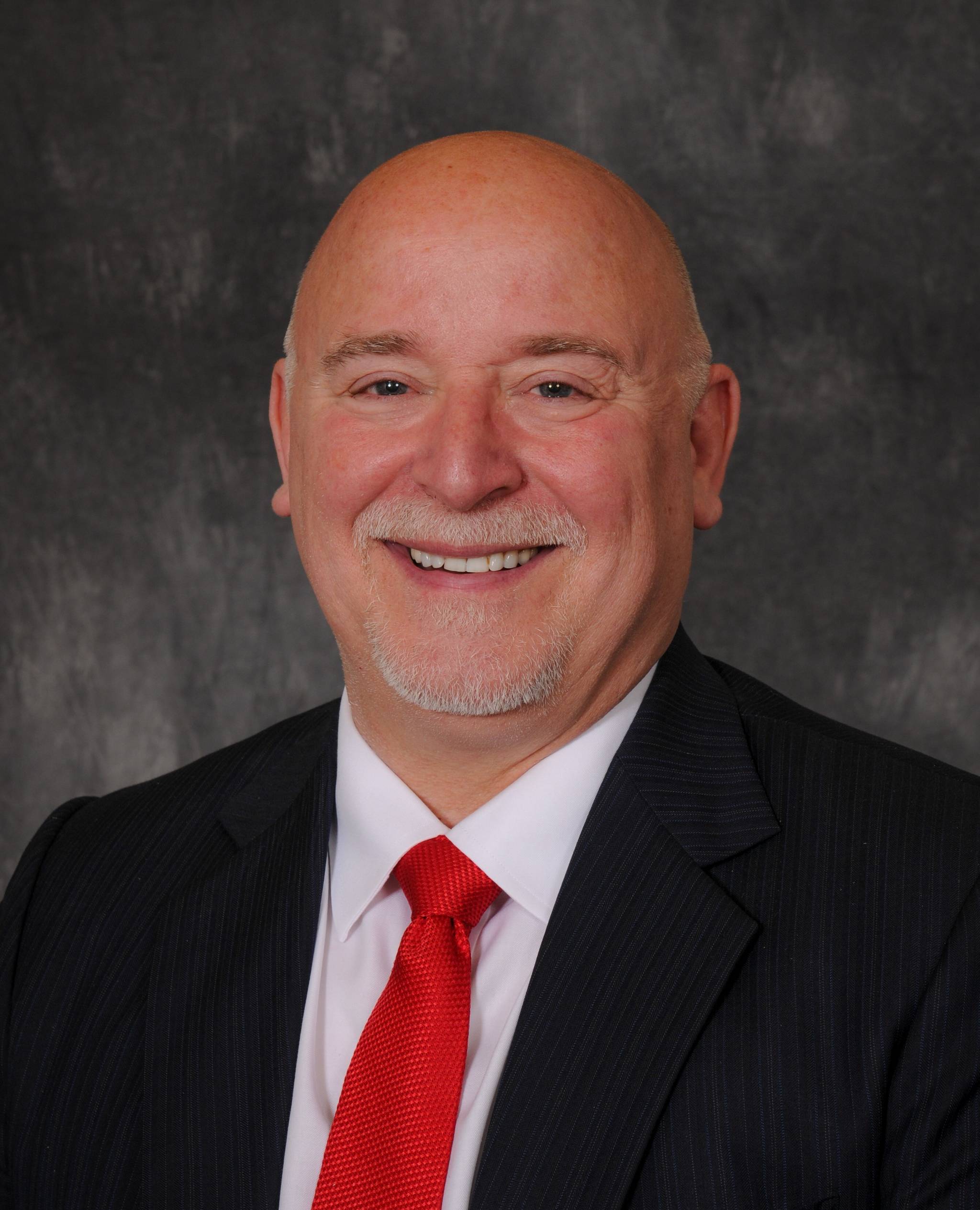Ballot Measure 1 would amend the current production tax system enacted through Senate Bill 21 to allow Alaskans to get a transparent and fair share of revenues when oil is taken from our three largest and most profitable fields. SB21 is the largest oil resource give away in Alaska’s history. If you care about Southeast Alaska, you should vote to amend SB21 to be fair by voting yes on Prop 1.
Major oil companies based in Texas are spending millions to convince Alaskans to vote No on Prop 1. That should be reason enough for an Alaskan to vote Yes on Prop 1. They suggest that if we want a fair share, they can make more money in the Lower 48. Let’s have a closer look.
Two-thirds of the increased production revenues under Prop 1 will come from our Prudhoe Bay Unit — one of the most profitable, conventional oil fields in the world. It can easily support paying Alaskans a fair share without impacting investment or jobs. For over four decades, PBU has produced far more than expected while the price of oil has increased at double the rate of inflation. In 2018, PBU produced over 106 million barrels which sold for $6,744.7 million. After costs, the producers made $3,683.5 million in net income or $39.70 per barrel. Our share through production taxes of the $3,683.5 million was only $230 million.
This is called getting ripped off.
ConocoPhillips’ annual reports show CP is making more than twice as much per barrel Alaskawide than in the Lower 48. The Legislative Research Service analyzed and compared CP’s earnings Alaskawide with the Lower 48. In its most recent report, LRS Report 20.119 (Feb. 7, 2020), LRS determined CP has made more than twice as much per barrel Alaskawide as in the Lower 48 in every year it reviewed (2012-2019). In 2014, the first year after SB21 passed, for example, CP made $4.43 per bbl in the Lower 48 while it made $31.10 per bbl Alaska-wide or 602% more.
This is called being taken to the cleaners.
Since SB21, CP has made 68% of its worldwide profit from Alaska, but invested 15% of its worldwide capital in Alaska. CP has raised dividends by 60% in the last two years while we have cut our PFD to one-third. Since SB21, CP has paid down almost $12 billion in debt while we have spent $18 billion in our savings.
This is called being CP’s cash cow.
Texans and North Dakotans are getting two to three times more for their oil than Alaskans. People opposed to Prop 1 offer misleading comparisons to justify this. One recent commentator suggested Texas was a better place to do business than Alaska. The actual performance of CP in the Lower 48 contradicts this. Moreover, even a cursory review of his misleading comparison between Alaska and Texas reveals significant errors. His comparison ignored the differences favorable to Alaska (our oil sells for more than Texas oil, for example), mischaracterized transportation profits as costs, included costs unrelated to production, and pulled out of thin air the costs of operating major fields in Texas. A recent survey of 26 Texas operators as well as the Dallas Fed’s Energy Survey of 200 oil and gas firms put the break-even costs for the major fields in Texas well above the break-even costs for our PBU.
Prop 1 will help the overall economy of Alaska. Keeping $1.1 billion per year more of our oil wealth in Alaska is the economic equivalent of adding 11,000 new Alaskan jobs at $100,000 per year — more jobs than are in the entire oil and gas industry in Alaska. Prop 1 won’t hurt investment or jobs in the oil industry because it only applies to our largest and most profitable fields that can well afford to pay a fair share to Alaskans. Production taxes under Prop 1 will actually work out to be less than the average production taxes for the three decades before SB21.
This is called calling them out on Prop 1’s impact on our economy and jobs.
Prop 1 will help Southeast Alaska. It will save PFDs, help fund ferries, avoid cuts to K-12 education, minimize future taxes on Alaskans and save and create jobs. Alaskans should vote yes on Prop 1 and get a fair share from our major fields.
This is called standing up for Alaska.
• Robin O. Brena is a lifelong Alaska who grew up in Skagway and is an original sponsor of Ballot Measure 1, Chair of the Oil and Gas Transition Committee for the Walker administration and founder of Brena, Bell and Walker, a longtime Alaskan law firm. Columns, My Turns and Letters to the Editor represent the view of the author, not the view of the Juneau Empire. Have something to say? Here’s how to submit a My Turn or letter.

